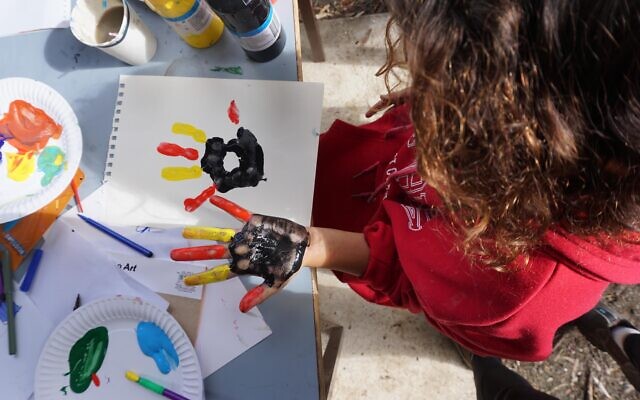Righting the wrongs of the past
This year's theme for NRW is Be a Voice for Generations and I'm making the most of the opportunity to raise awareness among Australians who are in a position to ensure that the wider Australian community is well informed about what they will be asked at the referendum.
National Reconciliation Week (NRW) has been an increasingly meaningful entry on Australia’s annual calendar of events for 27 years.
But few Australians would remember that the idea of earmarking a week each year to reflect on the relationship between our First Peoples and the wider community was instigated three years before the first NRW, by a collective of the nation’s major faith communities.
Originally badged as the Week of Prayer for Reconciliation, the timing was set between two events of great historic significance to Aboriginal and Torres Strait Islander peoples and the nation:
- The overwhelmingly successful 1967 referendum on May 27 in which more than 90 per cent of Australians voted to amend the Australian Constitution to include Indigenous Australians in the census of the population (they were previously considered no more than flora or fauna) and to allow the Commonwealth to make laws on their behalf, and
- The decision by the High Court on June 3, 1992 – the Mabo Decision – to overturn the concept of terra nullius (the falsehood suggesting that the British colonisers in 1788 had claimed a continent that belonged to no one).
One of the trailblazing, whole-hearted founders of the Week of Prayer was the Executive Council of Australian Jewry, cementing our community’s formal support and acknowledged responsibility for doing all that we can to facilitate a better relationship between Indigenous and non-Indigenous Australians.
Over three decades, I’ve been privileged to be part of nation-building events scheduled to coincide with NRW but, for the sake of space and relevance, I only propose to take you back as far as 2017.
On May 28 of that year, I was on my way back to Melbourne, having taken part in the closing ceremony of the National Constitutional Convention, where the Uluru Statement from the Heart was presented to the Australian people.
And each year since then, I’ve used NRW as a platform to explain why the Statement and its central call for a Voice to Parliament is such a landmark opportunity for Australians of all backgrounds to accept the generous invitation contained in the Uluru Statement to “walk together with Aboriginal and Torres Strait Islander peoples in a movement of the Australian people for a better future”.
For NRW 2018, I used a series of engagements with members of the Jewish community in Perth to outline why Jewish Australians have a special role and responsibility to walk in solidarity with our Indigenous fellow citizens.
The most moving of those events was an assembly at Carmel School, where I was asked to speak about the bonds between Jewish Australians and Indigenous Australians.
I would like to relate my joy and surprise to find that my visit coincided with the school’s decision to raise the Aboriginal and Torres Strait Islander flags for the first time, alongside the Australian national flag.
I told the students how moving it was for me to see the three flags flying together at a Jewish school. It gave me an ideal opening for encouraging them and their teachers and parents to think about how they might bring the symbolic connection between the three flags to life.
The experience had me thinking that young people, including those who don’t yet vote, have more influence than they realise. Politicians, and other adults in leadership positions, will listen to them because they cannot easily dismiss their concerns as being party political.
Moreover, as young people, they have an even greater stake in righting the wrongs of the past to create a fairer and more harmonious Australia.
Which is why I accepted with great enthusiasm an invitation the following year from Mount Scopus College to speak with students on the same topic during NRW.
It was inspiring to hear the views of principled young Jewish students describing what reconciliation meant to them.
This year’s theme for NRW is Be a Voice for Generations and I’m making the most of the opportunity to raise awareness among Australians who are in a position to ensure that the wider Australian community is well informed about what they will be asked at the referendum.
My first engagement is a luncheon with senior lawyers, and I plan to remind those of them on the conservative side of the debate of the pivotal involvement of two fine lawyers – Julian Leeser and Damien Freeman.
It will interest readers here that Leeser and Freeman were inspired in this work by the theme of freedom that underpins Pesach. And, as Leeser told The AJN last month, it was over the same holiday this year that he decided to step back from his position on the coalition front bench so he would be free to advocate in favour of the Voice.
Mark Leibler is senior partner at Arnold Bloch Leibler and national chairman of the Australia/Israel & Jewish Affairs Council. He co-chaired both the Expert Panel and the Referendum Council on Constitutional Recognition of Aboriginal and Torres Strait Islander Australians.


comments